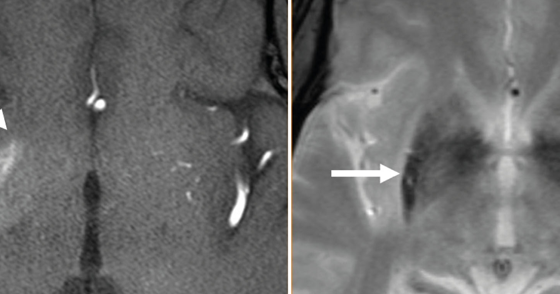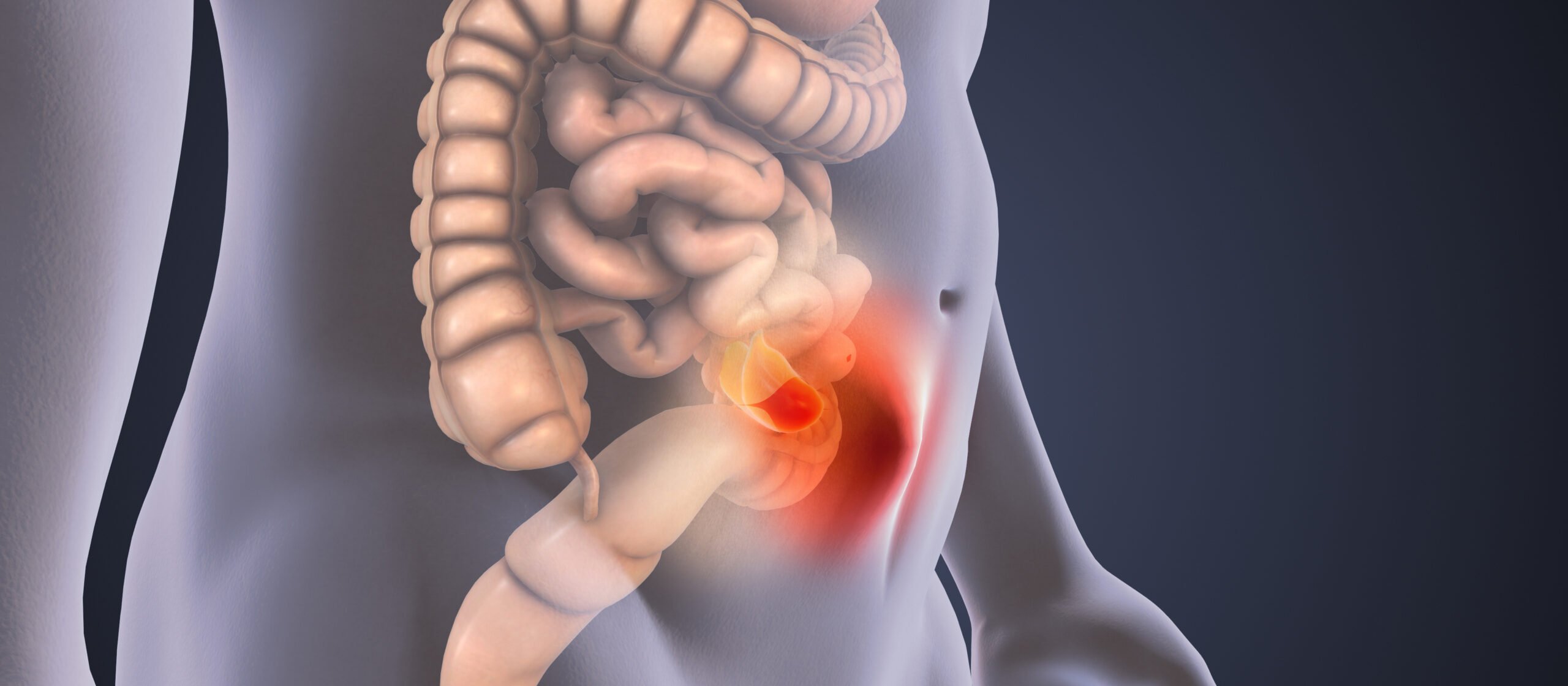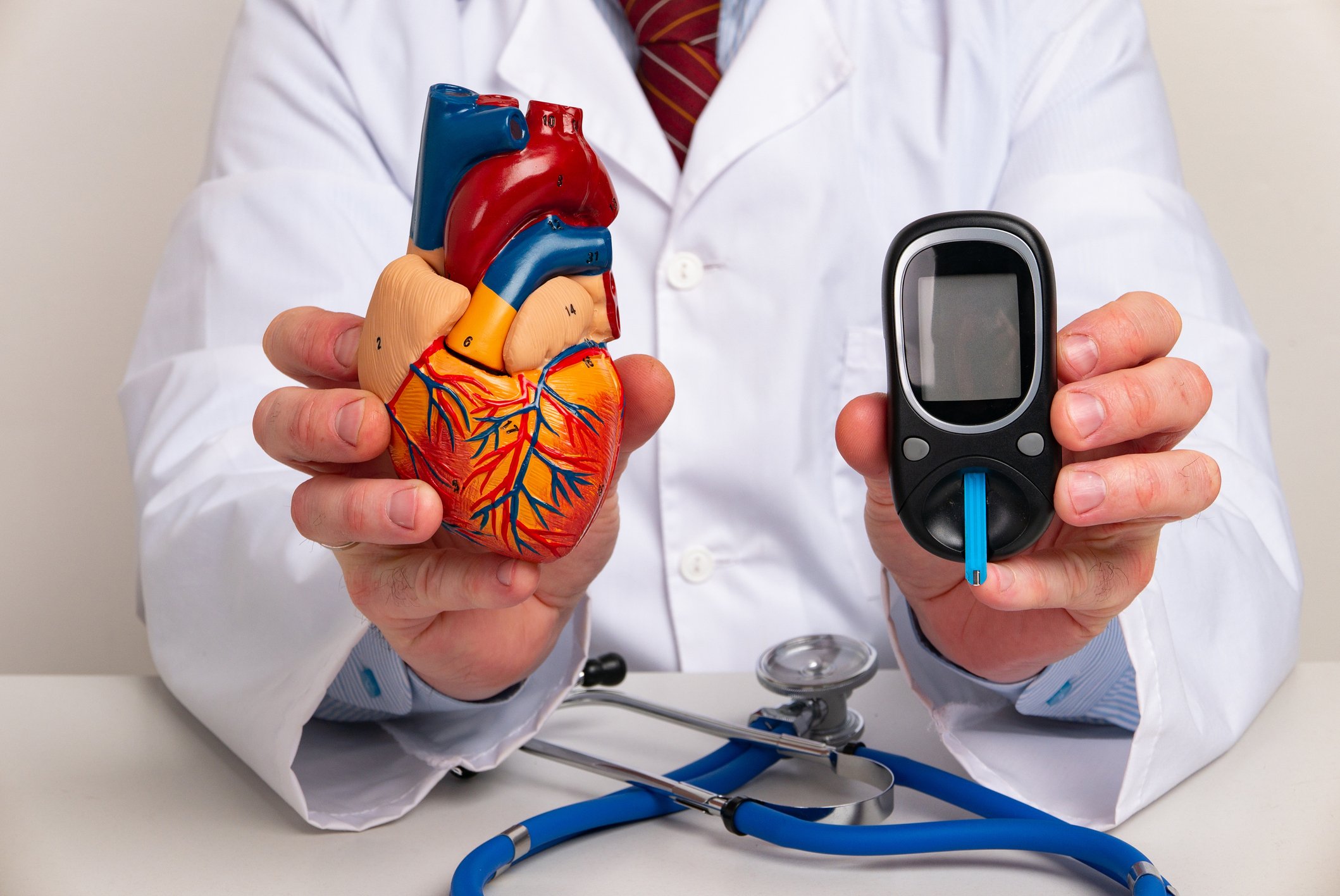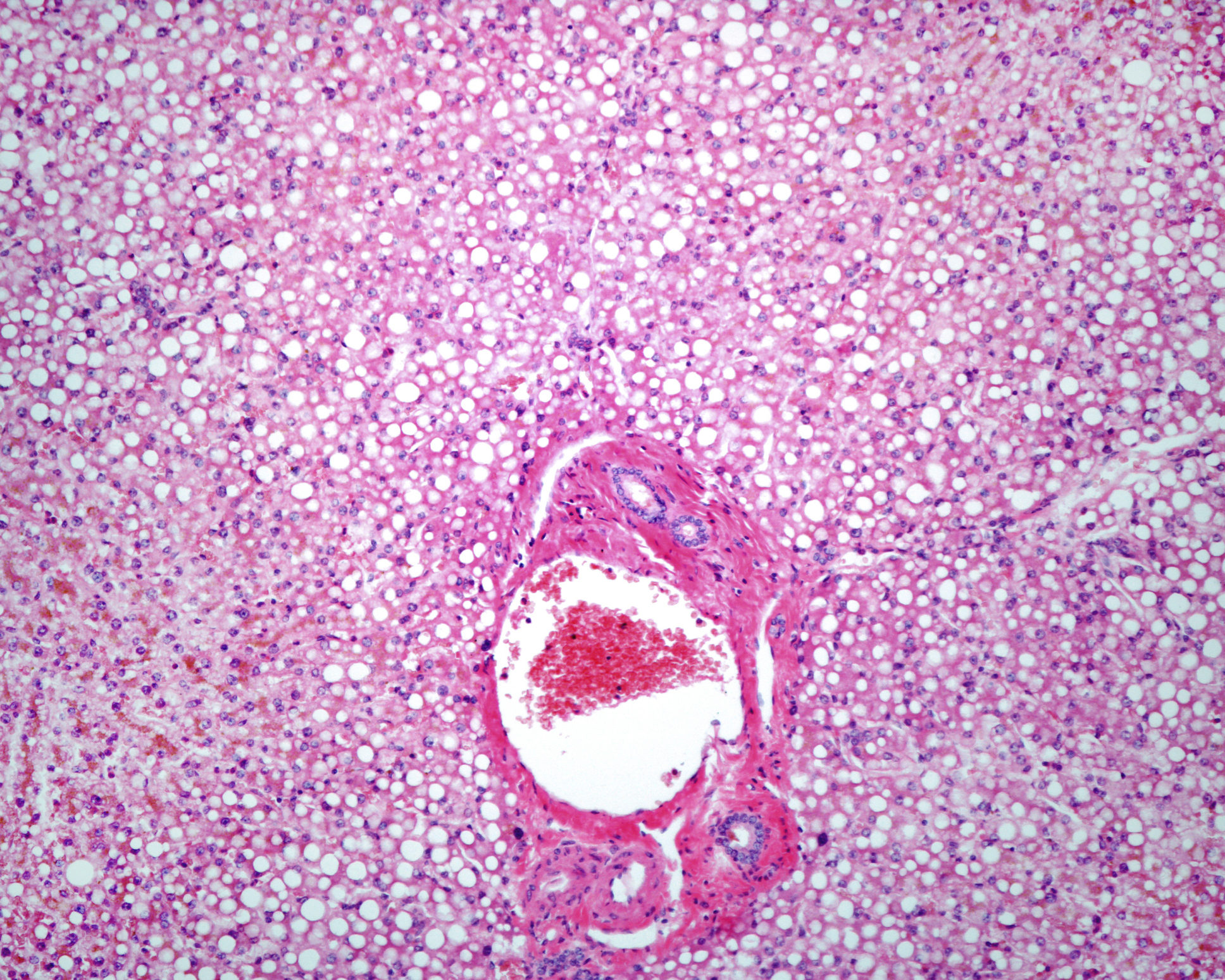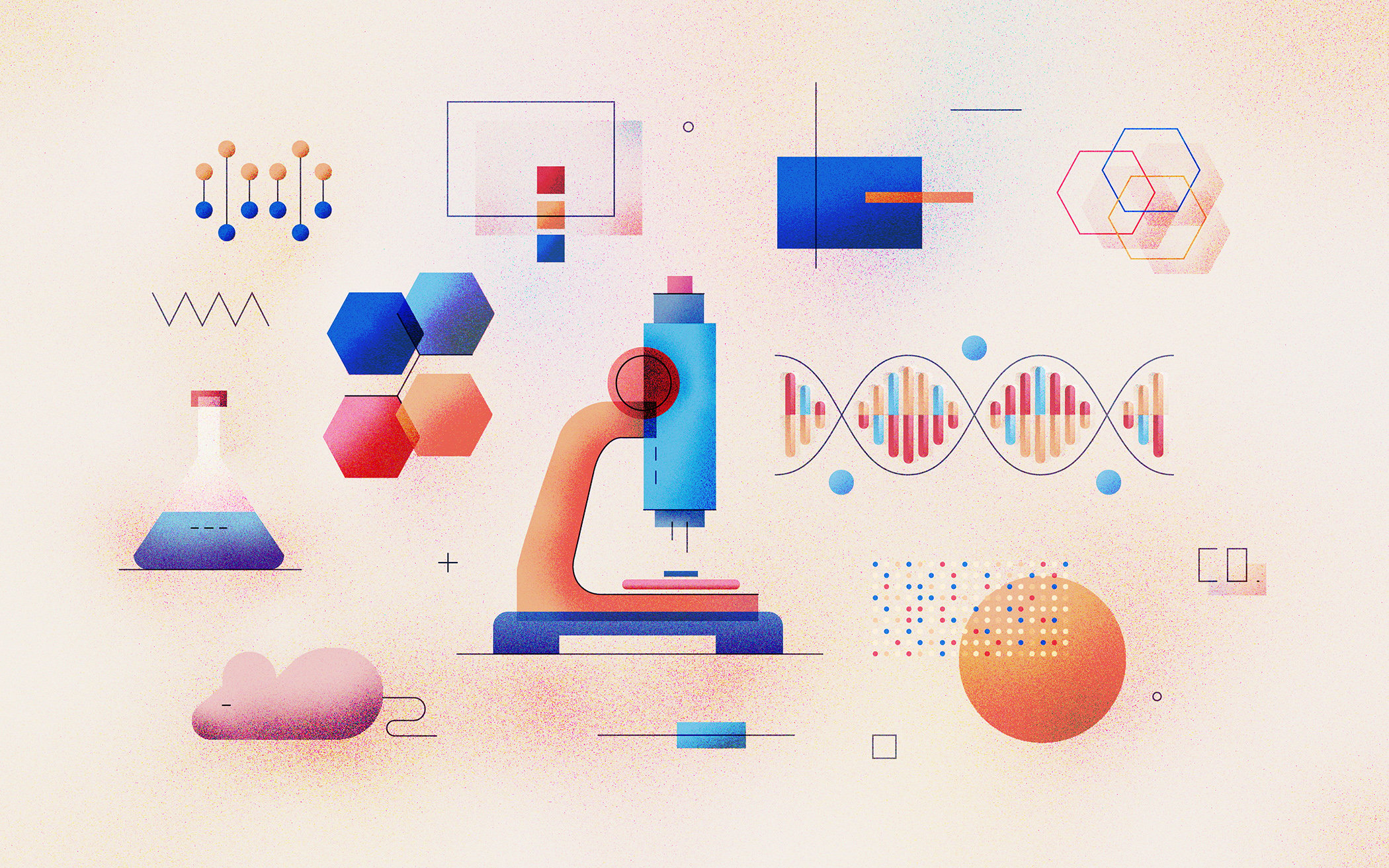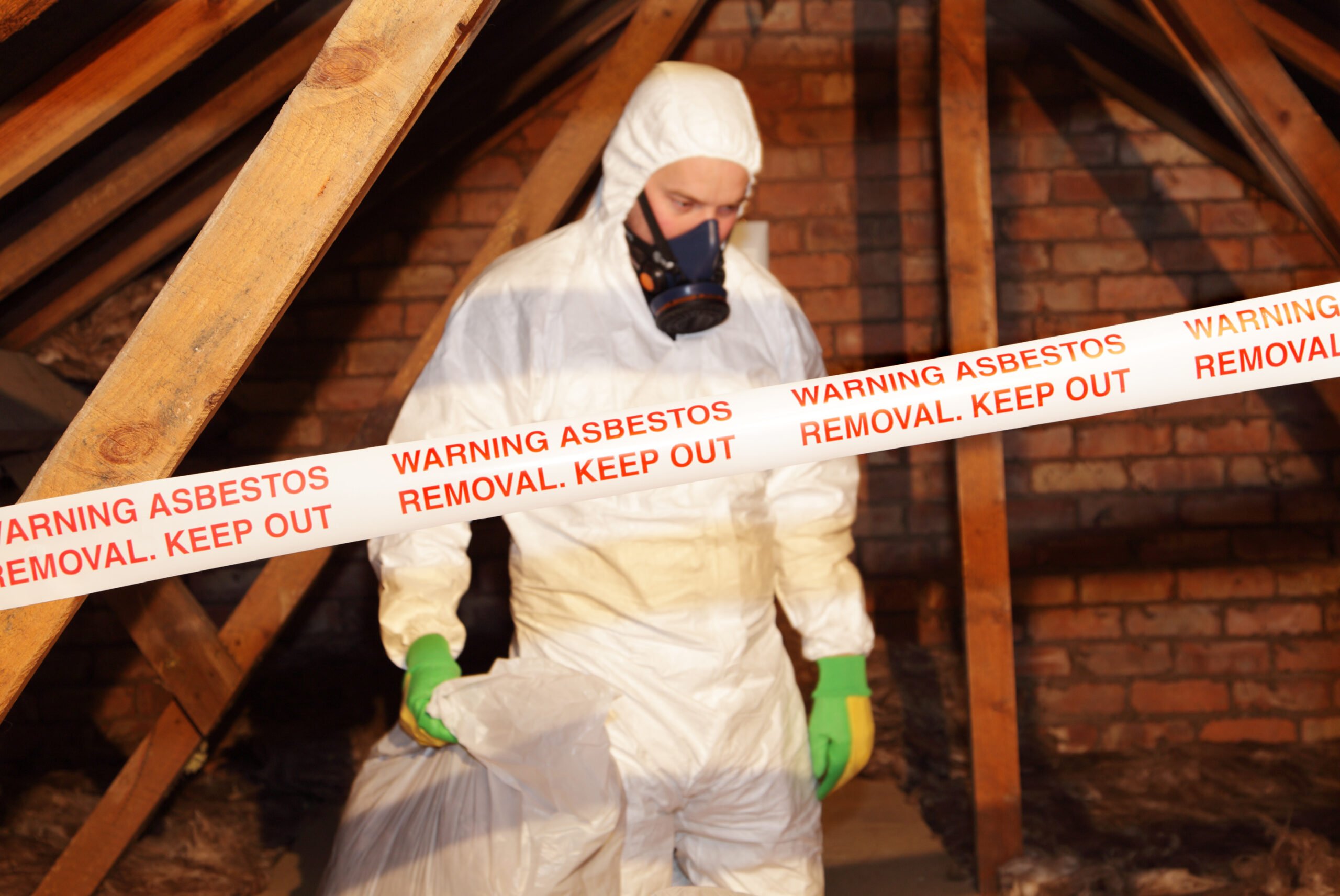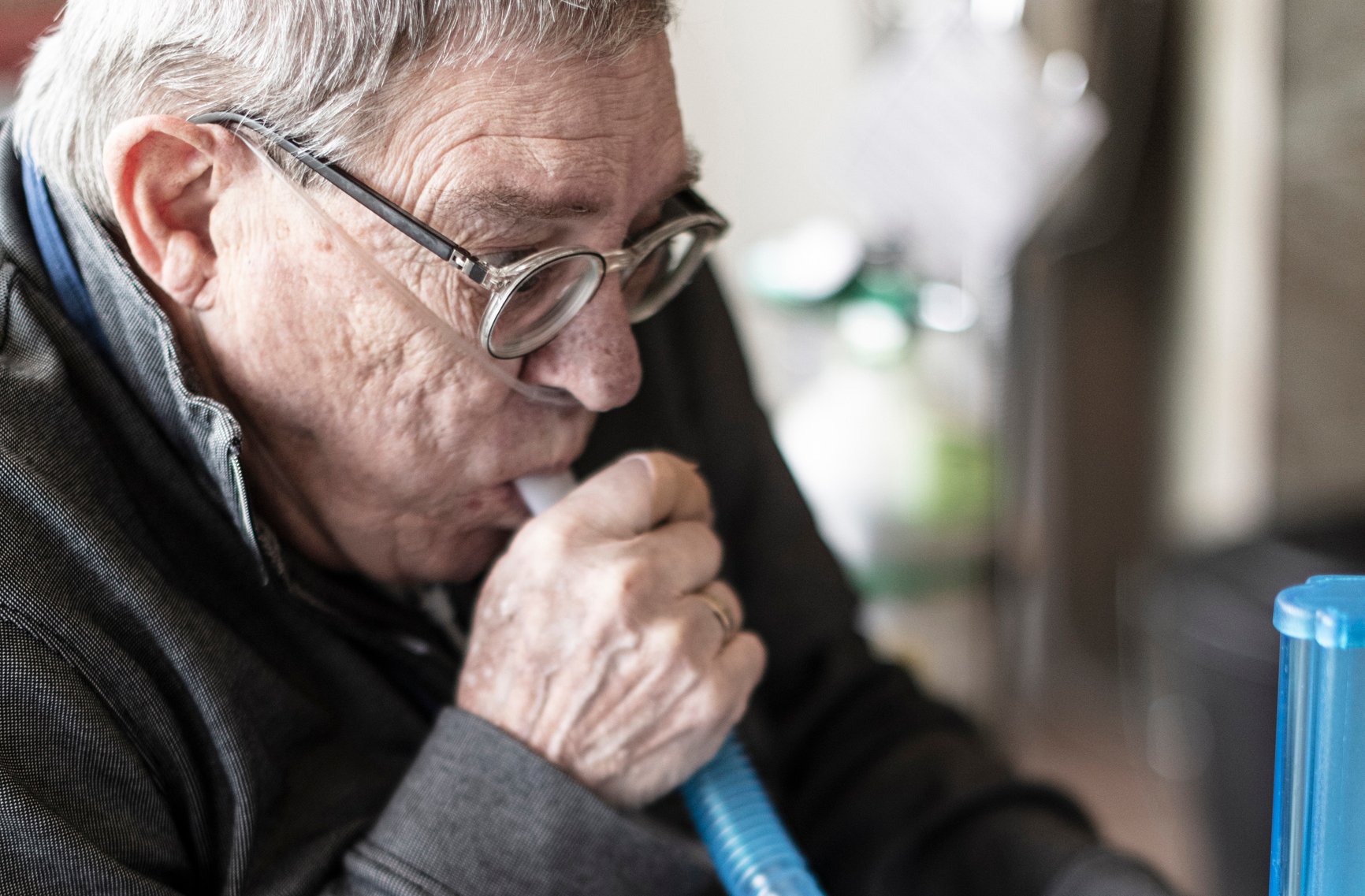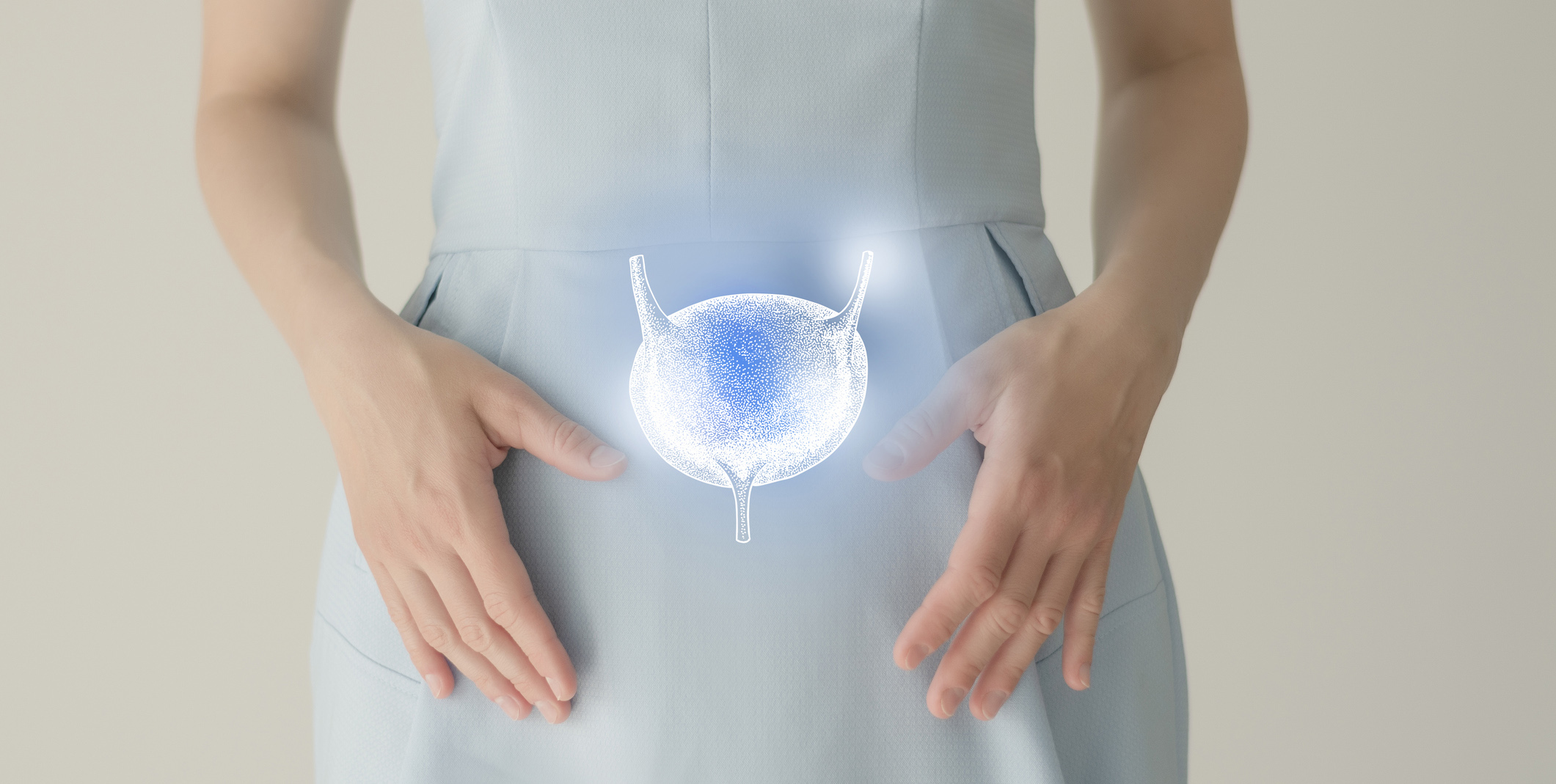Case report: a 22-year-old patient with known recurrent depressive disorder and regular use of cannabis presented for increasing depressive symptoms. He was psychosocially burdened by prolonged unemployment, debt, and relationship problems. Additional somatic diagnoses: Meulengracht’s disease, wandering kidney.
During the inpatient stay, the patient was able to discontinue his cannabis use. In a cross-titration, the premedication with citalopram (Citalopram Mepha®) was phased out, and the dose of duloxetine (Cymbalta®) was initially increased. Due to lack of antidepressant effect, a switch was made to monotherapy with trazodone (Trittico®) with a gradual increase in the daily dose from 100 to 200 mg/d.
Ten days after initiation of therapy with trazodone and immediately after dose increase to 200 mg/d, the patient observed absent ejaculation with preserved orgasmic ability. There was high pressure of suffering, the change was stressful for his partnership. Nevertheless, the patient did not report it until a week later. Until the dose increase of trazodone, his sexual function was normal. Therefore, medication with trazodone was discontinued.
After discontinuation of trazodone, complete normalization of ejaculation occurred within a few days. The suspected adverse drug reaction was reported to the Swiss Medicines Agency Swissmedic.
Comment
Trazodone is a serotonin reuptake inhibitor and antagonist at the 5-HT2 receptor used to treat depression with and without anxiety disorders. In the Swiss SmPC of Trittico®, ejaculatory disorders are not mentioned as an adverse drug reaction. However, comparable cases can be found in the literature. Jones reports on a 51-year-old man who complained of lack of ejaculation while taking trazodone, initially 50 mg for 3 days, then 100 mg for 2.5 weeks. After discontinuation of trazodone, the patient recovered completely [1]. Kaufman et al. also report on a man who developed ejaculatory dysfunction while on trazodone; he, too, normalized within 48 hours after discontinuation. The close temporal relationship with regression after discontinuation (“positive dechallenge”) in these two cases as well as in the one currently presented argues for a causal relationship.
Pathophysiological hypothesis: blockade of peripheral alpha1-adrenergic receptors, stimulation of central alpha2-adrenergic and serotonergic receptors, and gamma-aminobutyric acid (GABA) [2] may be suspected as triggers for inhibition of ejaculation. Thus, through its central serotonergic and peripheral alpha-adrenergic blockade, trazodone may contribute to inhibition of ejaculation. Furthermore, because there was no evidence of alternative causes in the present case, causality between trazodone use and the ejaculatory symptoms is likely.
Thus, based on the case described and similar descriptions in the literature, sexual dysfunction and, in particular, ejaculatory difficulties are a possible adverse drug reaction of trazodone. This adverse effect should be actively addressed anamnestically, since it is not reliably reported spontaneously due to the shame-ridden subject matter, but this disturbance of sexual function can intensify a sense of suffering and also experiences of failure in a depressed mood.
Literature:
- Jones SD: Ejaculatory inhibition with trazodone. J Clin Psychopharmacol 1984; 4: 279-281.
- Kaufman KR, Marin H, Menza M: Trazodone and Ejaculatory Inhibition. J Sex Marital Ther 2007; 33(3): 225-230.


